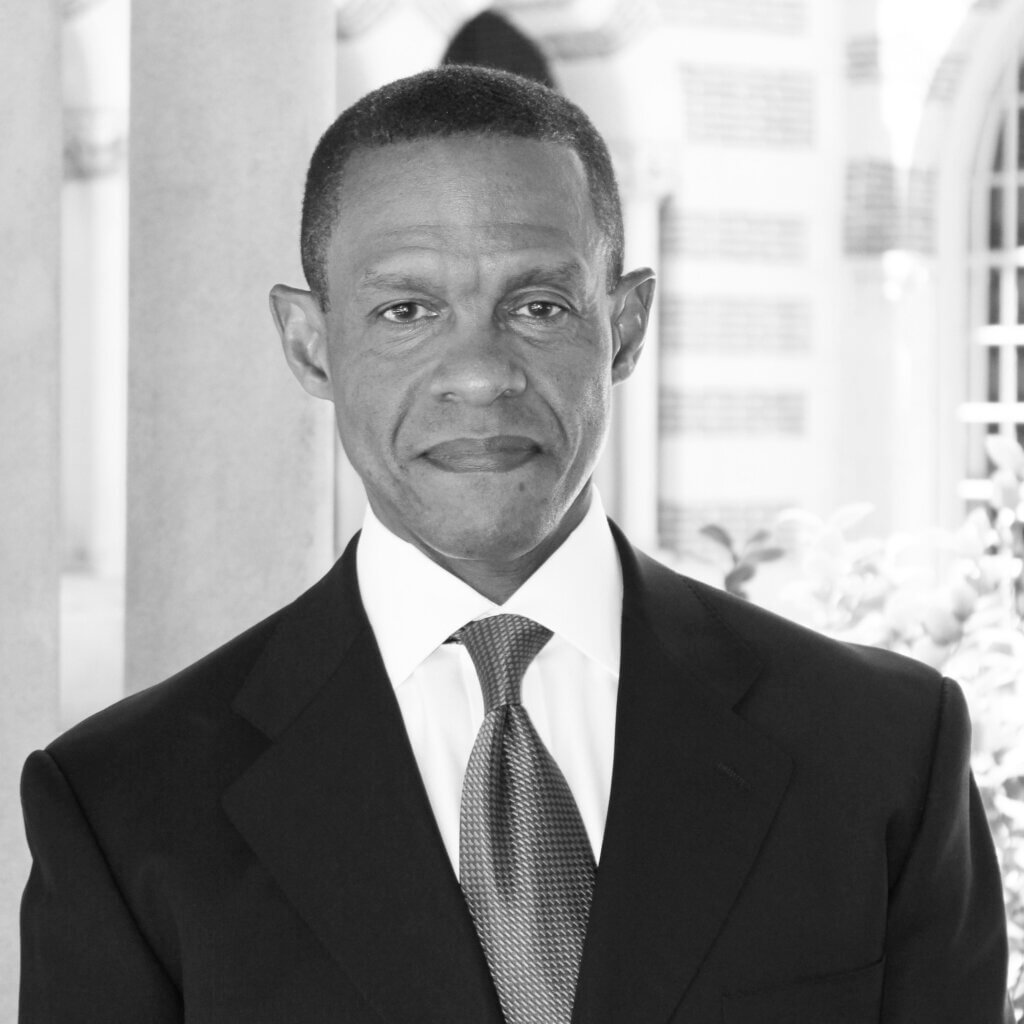When the phone rings in the early morning hours these days, Erroll Southers confronts an ugly reality.
“I wonder for a second, Did my brother, my son, or a family member become the next hashtag? That ought to tell you everything, and I’m a retired law enforcement officer,” Erroll said. “I’ve never felt this way in my life and I’ve been to the riots in the 60s, the riots in the 90s. And now this is really different.”
When we approached Erroll—a longtime member of Life After Hate’s board of directors—about a possible interview on the new civil rights movement we see unfolding today, he agreed immediately. Like many others, this issue is deeply personal for Erroll. But as a black man and former FBI special agent and law enforcement leader, the current moment presents a completely different range of emotions.
“Part of the reason is not just a lack of leadership, but a leadership that has now decided to continue to lean on the neck of the people that are talking about this by saying we’re not tough enough. More force is not the answer. Violence always hurts the wrong people.”

Erroll is a professor of the Practice in National & Homeland Security at the University of Southern California Sol Price School of Public Policy, and director of the USC Safe Communities Institute. Follow him on Twitter: @esouthersHVE.
Life After Hate: How would you describe what we are seeing right now?
Erroll Southers: Well, a couple of things. First of all, you’re seeing a visceral reaction to a lack of action on things like this that have happened before. We’re here today because of race and policing. And unfortunately, we’ve been here. Several times a year for the last several years, even under the administration of an African-American president, where people see no difference in consequences for things like this when they happen.
LAH: What’s different today?
ES: The big difference today is technology. Police officers didn’t get worse. Cell phone technology just got better. My mom, god rest her soul, the only time she ever cursed in my life was when I got jacked up by a police officer for doing nothing more than walking down the street with my friends and she called the sergeant, the desk sergeant, and he basically said it didn’t happen.
Now today we have videos and nothing happens. That’s why you’re seeing what we’re seeing. We watched a man plead for his life in real time on TV.
LAH: What lessons have we learned in the past and how do they apply today?
ES: People have to be treated with dignity and respect. I took more people to jail than I want to tell you about. I never disrespected anybody. There’s a difference in a way that you do it. And I think that’s important, that’s a lesson learned.
Just because a person has done something criminal doesn’t make them any less of a human being. I’m not saying what they’re doing is okay. I’m saying you don’t treat them like less than a human being because now you’re taking them into custody.
LAH: How can people get involved and stay involved?
ES: I think what’s going to have to happen is that law enforcement agencies and municipalities are going to have to open up their doors—police departments and mayor’s offices—to community members who want to have these very frank and candid discussions. I don’t mean shouting matches. I mean, frank and candid discussions on how they change the culture of policing.
We have been here before.
There’s a great document that I recommend everybody look at which has been sidelined by the new administration for obvious reasons; the Obama administration went around the country with activists, police officers attorneys, faith-based leaders and they put together a document called the President’s Task Force on 21st century Policing. It is an excellent document with six pillars talking about best practices.
There’s no need to reinvent the wheel, they should really take those chapters, starting with the first one on dignity and respect, and have the conversation. I’m a staunch advocate of civilian oversight. Police departments in cities are going to have to open up their doors and open up their books with greater transparency if they want people to believe this.

